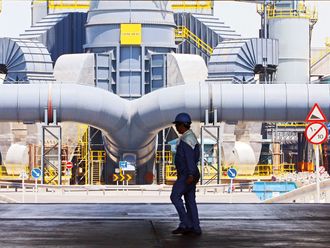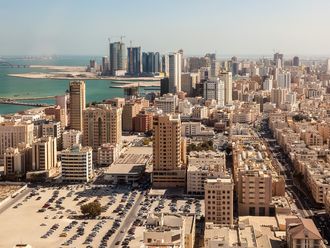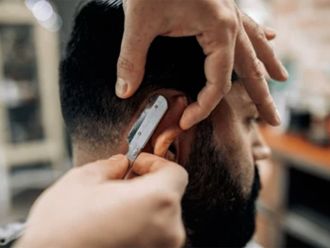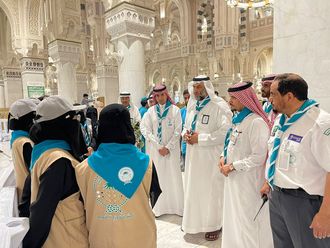
Manama: Independent lawmakers in Bahrain have accused parliamentary blocs of egoism after they were denied the opportunity to head any of the three investigation committees formed last week.
In an unprecedented standoff, the independent MPs decided to boycott the committees meetings until the societies reviewed their "exclusionist policies posited on self-serving interests."
"What the parliamentary blocs did was totally unfair and egoistic. They cannot simply behave as if independent lawmakers can be only members on a committee while those who represent political societies in parliament are given the top positions," MP Abdullah Al Dossari said following the elections of committee heads in a partisan vote that drowned independent members.
"There is a tendency to marginalize independent lawmakers because they do not have the same support enjoyed by those who are under the banner of a political society."
MP Adel Al Assoomi said that he refused to be "just a number to help reach the quota required to form a committee."
"We will continue to boycott the meetings of the committees until the matter is addressed properly. We want the blocs to be more positive in their stances towards independent MPs," he said.
The lower chamber has formed committees to investigate alleged irregularities in Gulf Air, government action plans and Mumtalakat Holding Company, Bahrain's investment arm.
Al Wefaq, the largest bloc with 17 of the 40 seats in the chamber, is chairing two committees while Al Asala, the second largest bloc with eight seats, heads the Gulf Air probing team. The Islamic Menbar with seven MPs is the third political society to have representatives in the chamber.
"As we express our dissatisfaction with the exclusion of independent MPs from the top positions in the three committees, we have agreed that we will boycott the meetings until a satisfactory solution is found. We want to have a much more active and recognizable role," Jassem Al Dossari said.
The independents' reaction is a first since the current parliament was elected in 2006. Past standoffs were mainly alongside sectarian lines.
The next legislative elections will be held this autumn amid speculations that the Islamist societies would once more dominate the lower chamber.












